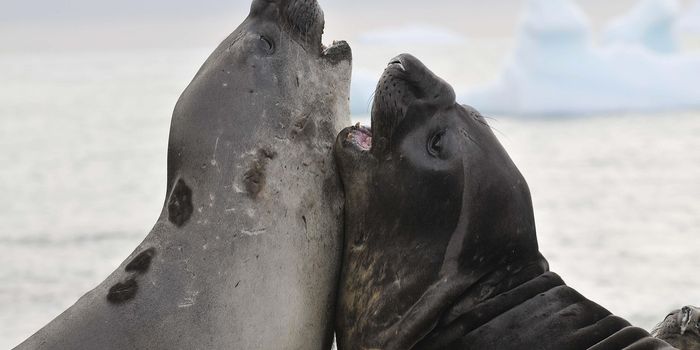
Last year, Gov. Edmund G. Brown Jr. and Israeli Prime Minister Benjamin Netanyahu signed a Memorandum of Understanding on the sharing of technology and enhancing economic interests between California and Israel. As part of that historic agreement Prof. Elion Adar, the director of the Ben-Gurion University of the Negev, Zuckerberg Institute for Water Research, visited California to share technology and experience working with scarce water resources this week. He met with academics at Stanford and toured the East Bay water facilities with California government representatives.
"As an issue of national security, Israel has successfully made itself water independent," said California Natural Resources Agency Secretary John Laird. "With a similar climate, California is poised to benefit greatly from by Prof. Adar and researchers at Ben-Gurion University of the Negev (BGU) as we plan for ways to better manage water, particularly in times of severe drought."
Along with California's state and regional water experts, Prof. Adar will visit and learn more about East Bay Area water use, efficiency, and recycling efforts. Prof. Adar will get an overview of California's water and current drought issues, learn how the Delta Diablo Water Agency is proactively addressing resource recovery opportunities and challenges on a regional scale, get a briefing on turning bio-solids to energy and learn more about the Stanford University partnership with Delta Diablo on their Recycled Water Technology Pilot.
"If we managed to overcome our water problems in Israel, in the Middle East, it can be done almost anywhere else in the world," Adar said. "However, in order to improve the water management and efficiency in California, the water utility companies need to increase their coordination and cooperation on water use and treatment."
Prof. Eilon Adar is a highly regarded expert in arid zones hydrology and Middle East water issues. He conducts cutting-edge research on groundwater flow systems and arid basins. Prof. Adar's main research activities are associated with quantitative assessment of groundwater flow systems and sources of recharge in complex arid basins with puzzling geology and scarce hydrological information. He developed the Mixing Cell Model (MCM) approach utilizing hydrochemistry and environmental isotopes coupled with a flow model. The model has been applied in several hydrological basins worldwide, from the Kalahari Desert (Namibia), Yizrael, Bessor and Arava basins (Israel), to the Ili basin in Kazakhstan as well as the Arava aquifer of Jordan and Israel.
"California's historic drought has created a need to seek innovative solutions regarding water policy, management and technology," said GO-Biz deputy director for Innovation and Entrepreneurship Louis Stewart. "GO-Biz and the state's Innovation Hub (I-Hub) program serve as a conduit for water innovations coming from abroad. Under the Israel-California MOU, GO-Biz is sharing best practices around water technology including the recycling of gray water, the University of California's nano filtration technology, irrigation solutions developed by I-Hub partners at the Fresno State Wet Center and more."
ZIWR was founded in January 2002 within the Jacob Blaustein Institutes for Desert Research, at the Sede Boqer Campus of BGU. The Institutes unite under one roof all aspects of water resources research, including extensive research activities in diverse water sciences ranging from groundwater production and desalination technologies to treatments for marginal water sources. Particular emphasis is placed on research and development of water resources in drylands. Among the sciences and technologies practiced at ZWIR are water desalination, water engineering, environmental hydrology, hydro-geology, hydro-biology, hydro-chemistry and water resource economics and management. Ben-Gurion University of the Negev established this water institute, recognizing the importance of such an initiative, both now and for the future of the entire region.
 Last year, Gov. Edmund G. Brown Jr. and Israeli Prime Minister Benjamin Netanyahu signed a Memorandum of Understanding on the sharing of technology and enhancing economic interests between California and Israel. As part of that historic agreement Prof. Elion Adar, the director of the Ben-Gurion University of the Negev, Zuckerberg Institute for Water Research, visited California to share technology and experience working with scarce water resources this week. He met with academics at Stanford and toured the East Bay water facilities with California government representatives.
Last year, Gov. Edmund G. Brown Jr. and Israeli Prime Minister Benjamin Netanyahu signed a Memorandum of Understanding on the sharing of technology and enhancing economic interests between California and Israel. As part of that historic agreement Prof. Elion Adar, the director of the Ben-Gurion University of the Negev, Zuckerberg Institute for Water Research, visited California to share technology and experience working with scarce water resources this week. He met with academics at Stanford and toured the East Bay water facilities with California government representatives.







